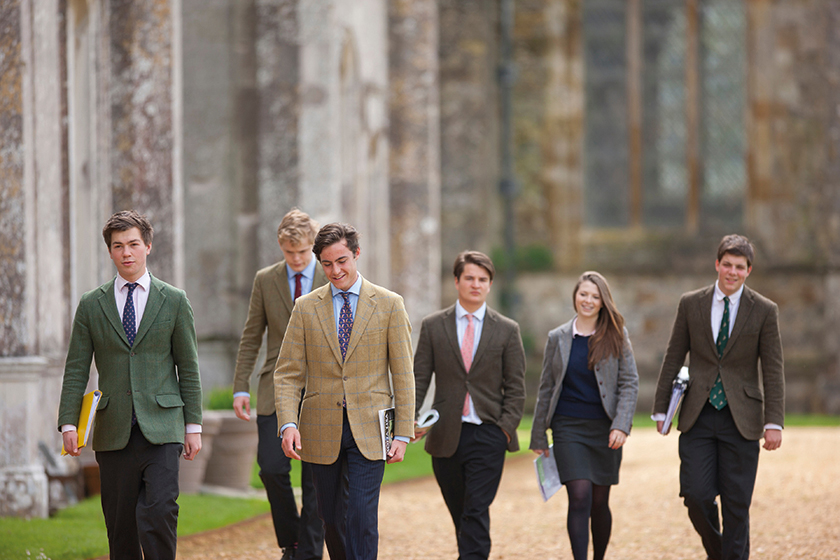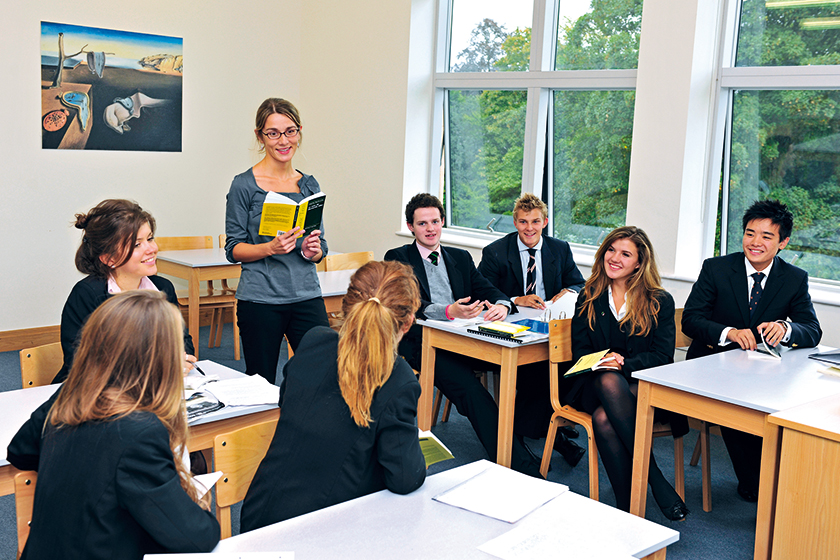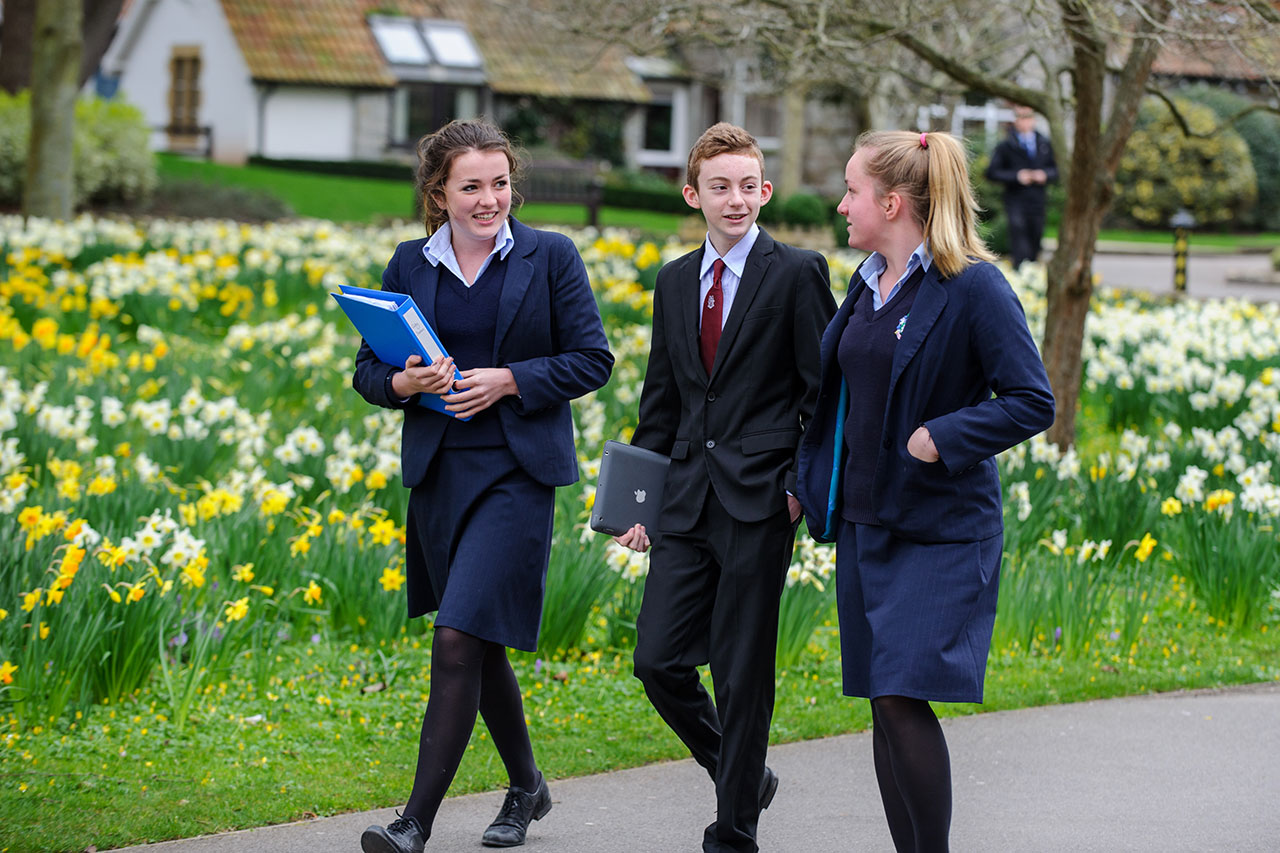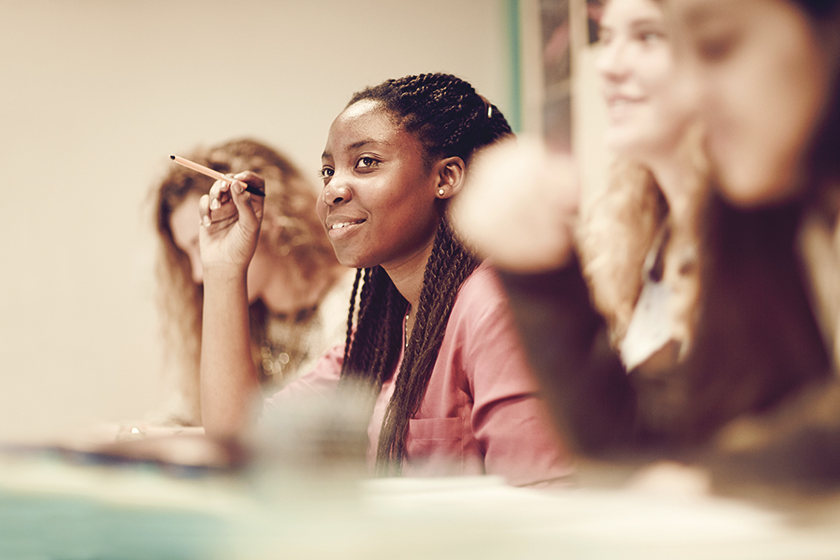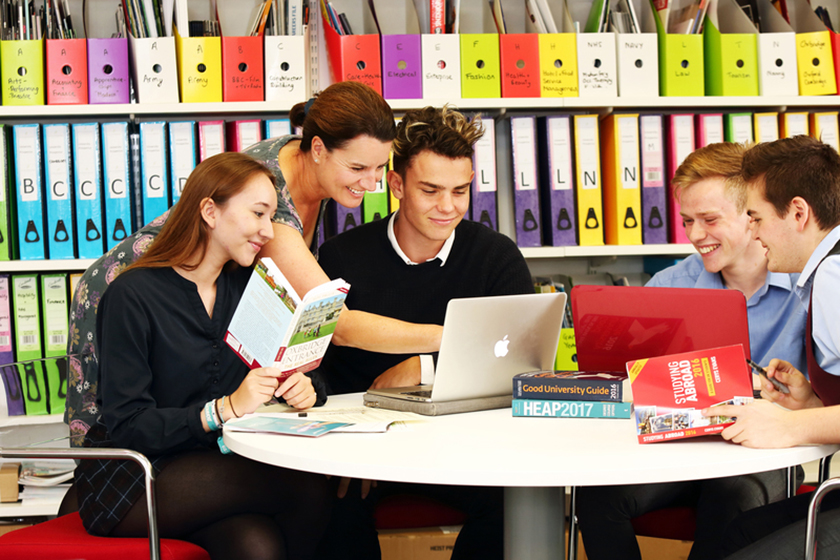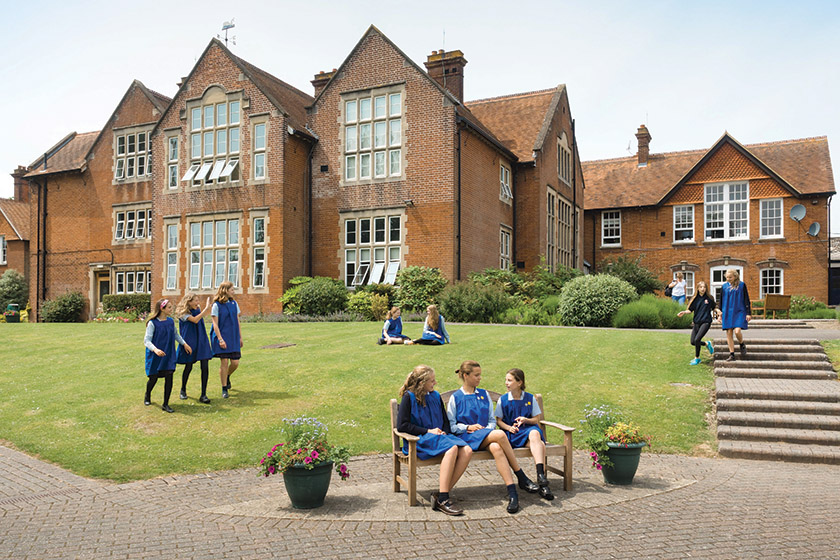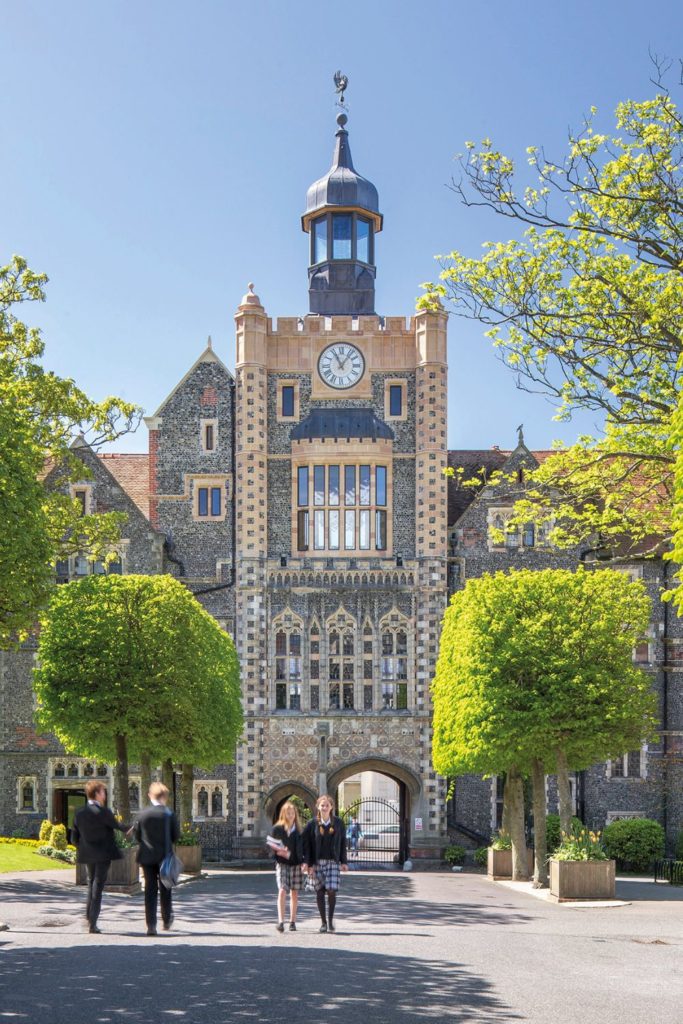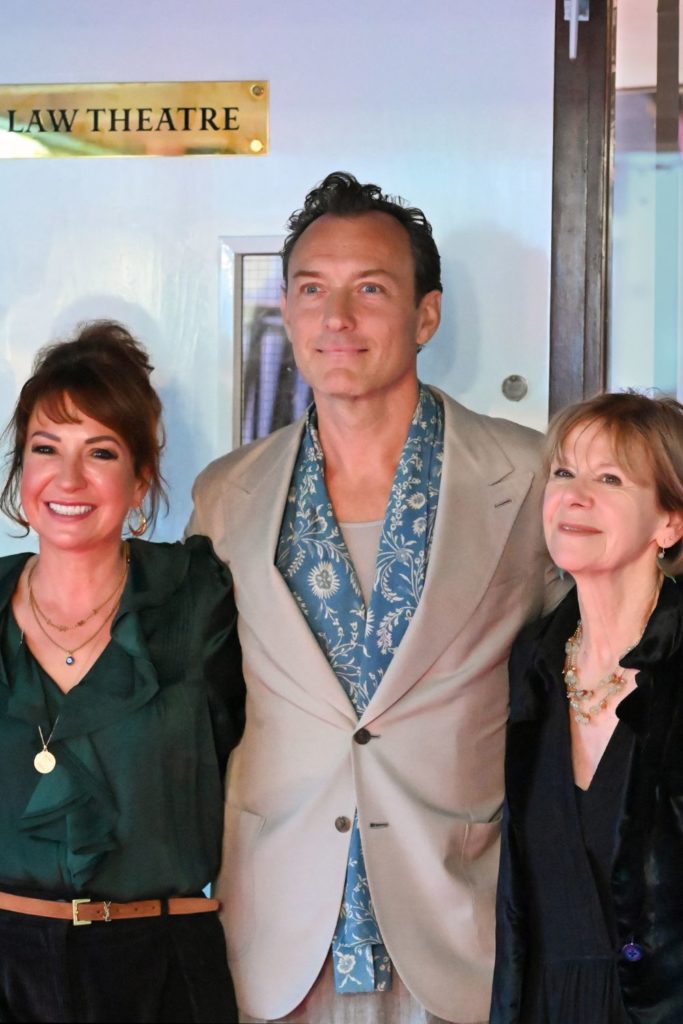How do Schools Match Pupils with Careers?
By
8 years ago
Parents can rest assured that independent schools are preparing pupils for an ever-changing world
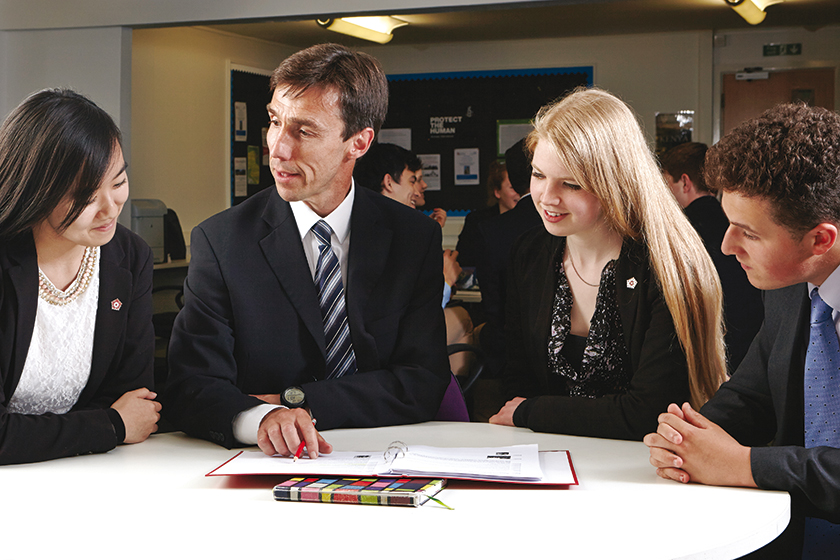
Matching careers to pupils starts as soon as they arrive at their senior schools, discovers Lisa Freedman.
Today, careers advice is taken seriously, and most independent schools provide a comprehensive programme, including a dedicated member of staff, a careers library, visits to careers fairs and a range of talks related to work options.
Independent Schools Careers Organisation (ISCO)
Many schools supplement their in-house offering with external expertise, such as that given by ISCO which offers independent, professional career and higher education advice tailored to UK and international schools.
‘The majority of schools begin working with us in Year 9, when pupils are about to make their GCSE choices,’ says Virginia Isaac, Chief Executive of Inspiring Futures, which provides the ISCO membership scheme. ‘We introduce students to the idea that the world of work is changing rapidly and that they’ll need a range of academic and personal skills.’
A core strand of ISCO’s provision is psychometric profiling, a medley of reasoning, personality and aptitude tests, which, in combination with an assessment of a student’s interests and values, helps identify potential career paths.
The initial stage of profiling is carried out using either the conventional pencil-and-paper Morrisby test, or online, with the Futurewise New Generation computer assessment. This is followed up by a written report, outlining the student’s strengths and weaknesses and listing up to 45 career possibilities. A professional careers-guidance counsellor then gives one-to-one guidance by phone or Skype to help the student interpret the report and develop an appropriate action plan.
A rounded education
One of the undoubted benefits of early career planning is that it allows students to include relevant exams in their GCSE and A-level mix. Those hoping to don a white coat and a stethoscope, for example, will almost certainly require chemistry, while aspiring architects will need physics and maths. Schools are careful about flagging up these requirements, but only those thinking ahead can appreciate their significance.
Success in exams furnishes pupils with diligence, persistence and organisation, and independent schools are notably good at delivering the high grades necessary for entry to competitive professions.
Schools also pride themselves in delivering ‘a rounded education’, with an extensive range of extra-curricular activities, like sport, debating, arts and community service, which help pupils develop ‘softer’ skills, like leadership and team work, equally prized by today’s employers.
Google, for example, no longer asks potential recruits about their degrees or test scores, as the company has found these school and university markers rarely relate to success at work. As Senior Vice President of People Operations, Laszlo Bock recently told The New York Times: ‘Academic environments are artificial environments. People who succeed there are conditioned to succeed in that environment’. Instead, Google now uses ‘behavioural’ interviews to sift applicant numbers; candidates are asked a consistent set of questions about how they would behave in specific situations.
The next step
For many students, of course, the need for careers advice does not end at the school gates, and, the real panic ‘Help, what do I do next?’ only sets in once the final university exam has been written. Both schools and careers services recognise this on-going requirement.
ISCO, for example, provides scheme members with guidance until the age of 23, while the Girls Day Schools Trust (GDST) continues to make full use of the alumnae network all pupils join when they leave school.
Which school?
Milton Abbey
Milton Abbey provides BTEC 3 in hospitality, countryside management and business. The school also has a unique historic culture of nurturing and encouraging entrepreneurial talent within pupils. This has seen many members of our alumni go on to forge highly successful careers in self-employment. In celebration of this special culture, Milton Abbey introduced the ‘Entrepreneur in Residence’ scheme in 2014. The annual project gives Milton Abbey’s entrepreneurial pupils support and guidance to develop their small business ideas.
Charterhouse
Charterhouse supplies students with a long-term strategy to help them construct a CV. They want pupils to demonstrate team work, self-awareness, inter-personal skills and commercial awareness. The school recommends a wide range of activities, from volunteering to summer internships. Charterhouse also stresses how important it is that pupils engage with the decision making process from the start. ‘It is vital,’ they warn ‘that you take the initiative – this will only happen if your chosen career path is your property.’
Millfield School
Millfield School in Somerset provides a broad range of post-GCSE qualifications for those who prefer a more hands-on approach to learning.
These include the British Horse Riding Preliminary Instructor Certificate (BHSPI) and Leith’s Basic Certificate in Food and Wine. For the past nine years the schools has also offered the BTEC Level 3 diploma in sport, music technology, art & design and business.
Newcastle High School for Girls
Newcastle High School for Girls starts the process of developing creative team-building skills early, introducing ‘deep learning’ sessions in Year 7. The school also encourages its high-flying pupils to consider vocational routes, like apprenticeships, after they’ve finished A-levels.
‘By becoming an apprentice with Rolls Royce, for example, girls will come out with a degree, four years’ work experience, a salary, and no debt. Parents here are increasingly receptive to this idea,’ says head Hilary French.
As an academically-selective all-girls’ school, it is ideally placed to steer pupils well clear of gender stereotypes, and here the STEM subjects (science, technology, engineering and maths), so critical to industry, are well represented.
Clayesmore
Clayesmore embeds careers lessons into the curriculum, which start in Year Nine when students do three-day courses, which head of careers and enterprise Catherine Hayter likens to The Apprentice. ‘They have to create a product, like a soap, that they design, package, market and sell, so they understand a layered approach from early on.’
After AS levels, the school runs its own Aardvark University experience, designed to encourage teamwork and independent learning. Pupils spend a day doing anything, from building a raft or debating current issues, like bombing Syria or climate change, to making paracetamol in the chemistry lab.
Wellington College
Wellington College master Julian Thomas sees it as the school’s duty to have an updated, proactive careers department. ‘For decades, going to a top university to read a traditional academic subject was the be-all and end-all. Today, universities are no longer the only show in town. Tuition fees were a game changer and now we have to look further afield.’
Ten per cent of their students go to universities in America and abroad and companies like KPMG, Deloitte and Jaguar Land Rover are providing professional training with a salary, leading to a degree, so students don’t end up with a mountain of debt. ‘These schemes are becoming increasingly popular and I predict that the very best ones will be as difficult to get on to as it is to get into a top university,’ says Thomas. ‘We have to move away from simply repeating what we have always done and collectively change the way we advise and educate our students for the future.’
Dauntsey’s
Careers counselling begins at Dauntsey’s begins in the Third Form and the school runs a mentoring programme encouraging pupils to learn from Old Dauntseians, pick their brains, explore options and discover new possibilities.
Dauntsey’s is also s well-known for developing can-do and practical skills as evident in its post-GCSE programme. The school runs courses during the week after the last GCSE examination and are open to all fifth formers. Each option is designed to provide pupils with specific life skills; some of these are practical, like CPR or cooking, others will affect many areas of their lives, such as teamwork and leadership.
Godolphin
The school’s sixth-form Elizabeth Godolphin Award provides a structure of input and activity that informs and stretches pupils to develop confidence in their ability to achieve and to make an impact, as well as understand their own needs. Godolphin‘s GO Forward programme also gives students access to alumnae for advice – whether it’s which college to apply for, how to get experience in advertising, or some tips on setting up their own business.

